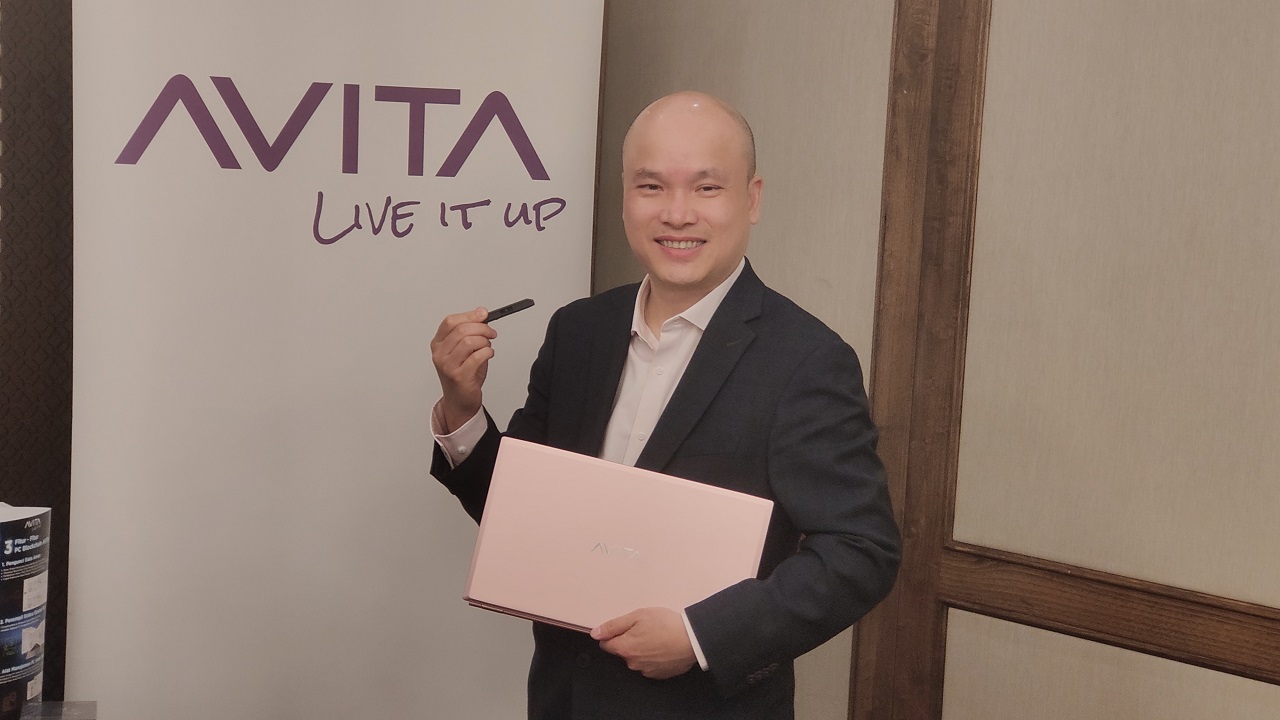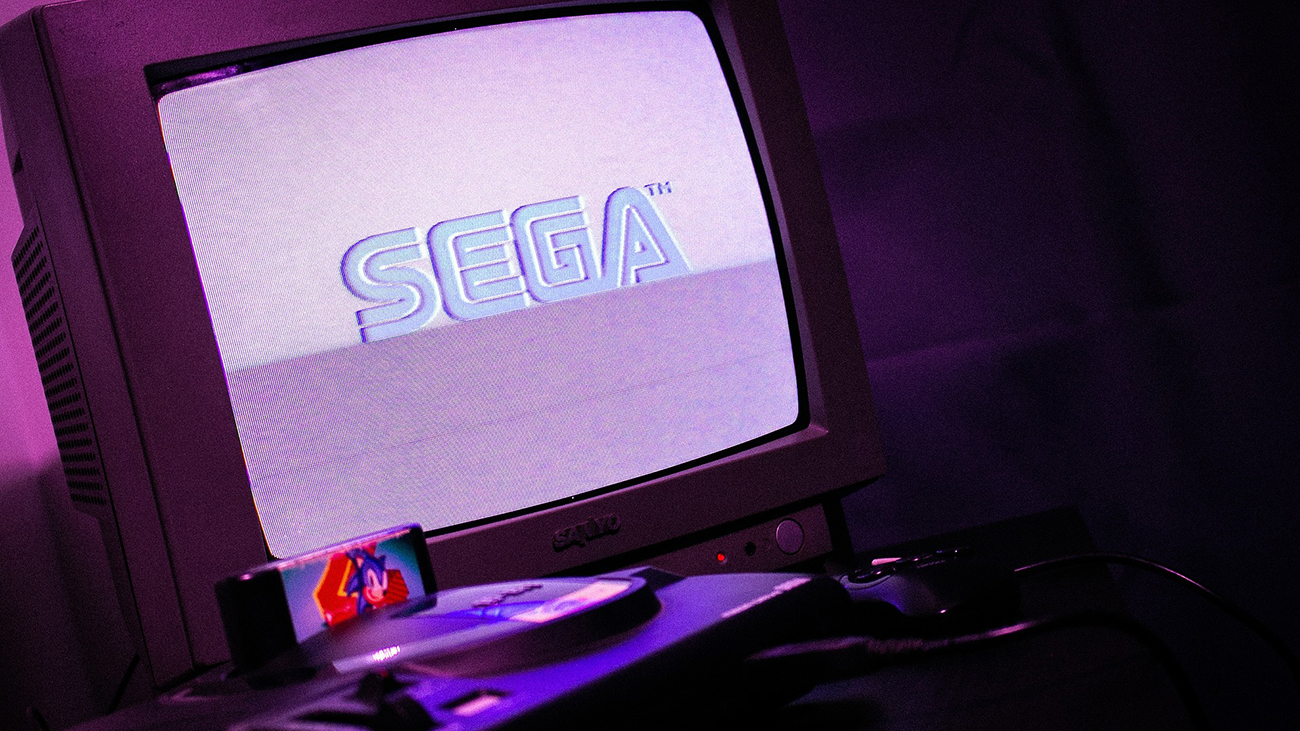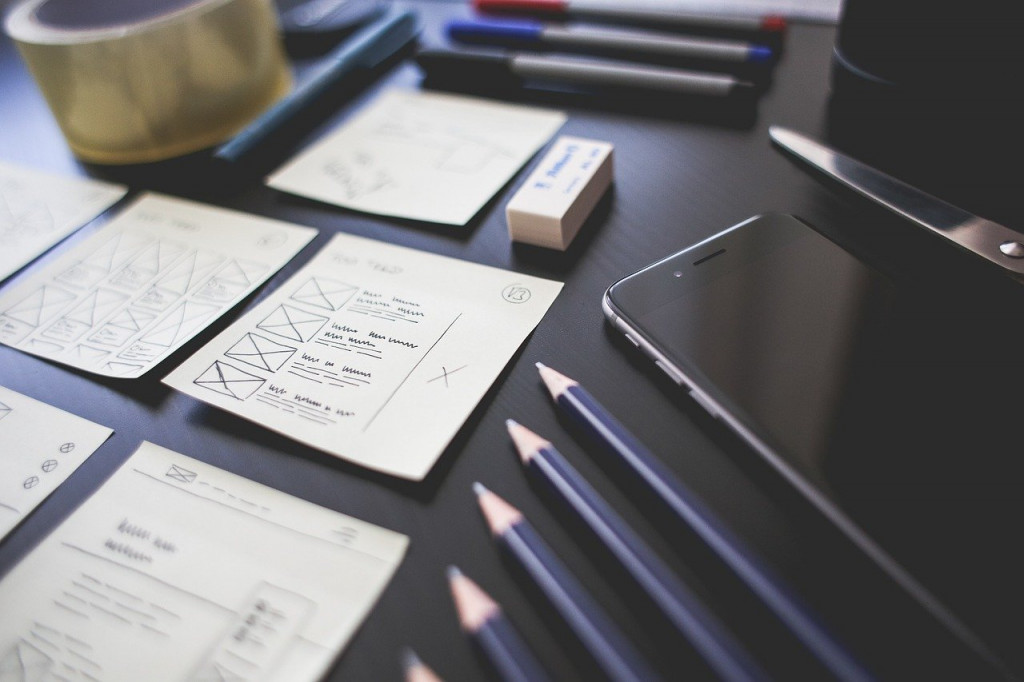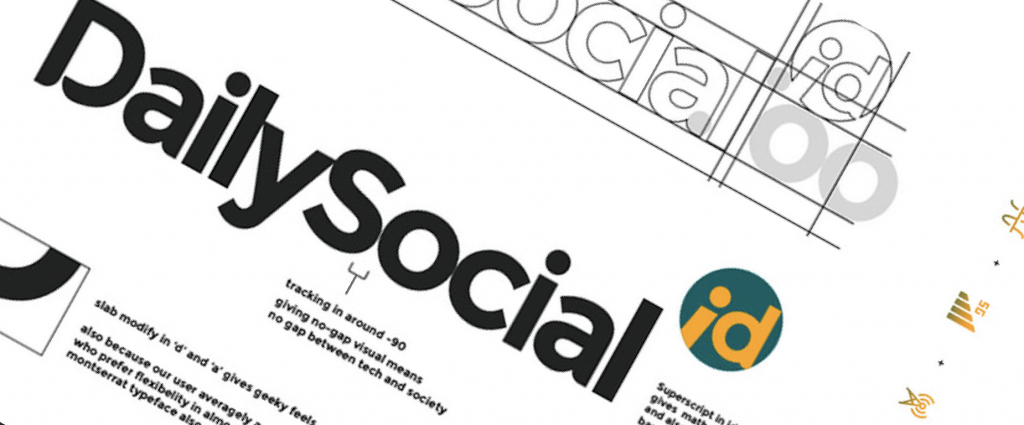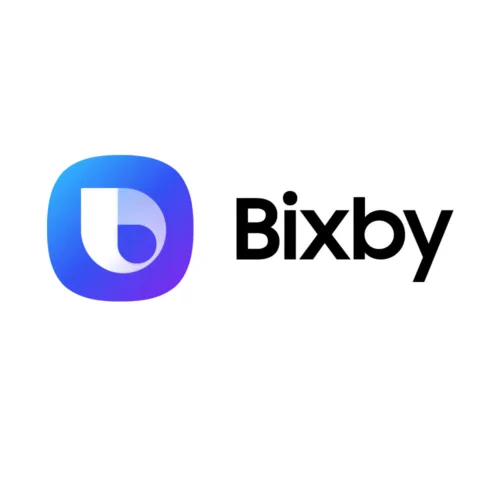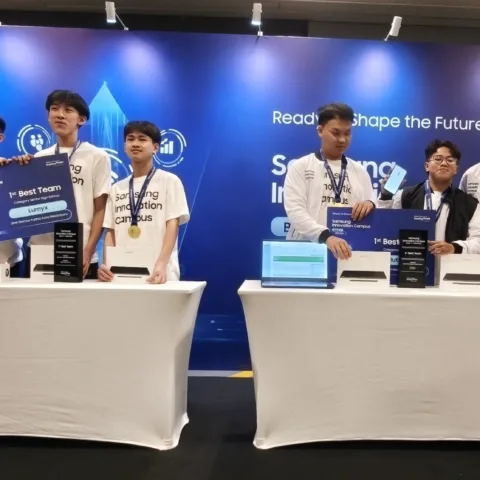The halal business prospect in Indonesia is getting promising. It’s not only for the local business but also captures other global players.
WhatsHalal is one of the global players with interest in this sector. Based in Singapore, WhatsHalal is to enter the Indonesian market with services focus on halal certification system for food and beverages.
The government action to require halal-certified products in October 2019 under Law Number 33 of 2014 concerning Halal Product Guarantee is a great opportunity for WhatsHalal to focus on its services in Indonesia.
Blockchain technology
WhatsHalal has a platform that simplifies the end-to-end process of halal certification through blockchain technology. With this platform, WhatsHalal claims to be able to shorten the time needed for merchants to certify products and cut costs needed during the process.
Simply put, the blockchain technology on WhatsHalal platform allows a product to be tracked and recorded its halal level from farmers’ harvests, manufacturing processes, restaurants, and retailers, to consumers. In other words, the energy, cost, and time to test the halal content of a product can be saved because everything has been aggregated into the blockchain.
“The current halal certification process is very time consuming and requires a lot of paperwork. Starting from halal certification registration, testing, inspection and auditing of products and processes, to the approval and granting of halal certificates,” WhatsHalal’s Founder and CEO Azman Ivan Tan said.
The use of blockchain for halal certification is based on the amount of data collected, stored and processed in the certification process. In addition, the use of the blockchain aims to encourage aspects of transparency and security of their services.
“We believe the use and implementation of the blockchain technology still in its early stages. As there are many applications of this technology in other industries in the future, the use of the blockchain will become the main standard in terms of security and supply chain that requires trust,” Azman added.
Arrival in Indonesia
In fact, Indonesia is the largest halal food consuming country in the world. Stated as the largest Muslim population, the velocity of money for halal food in Indonesia annually reaches US$ 173 billion.
The obligation to hold halal certificates for all producers, including SMEs, is one of the ways the government boosts the growth of halal products in the country. No wonder WhatsHalal, which currently only operates in Singapore, immediately peddled its services in Indonesia after the second quarter of 2020.
“Our platform can also help merchants measure the halal content of their products for export, thereby helping business decision making and adding value in terms of production and sales of halal products,” Azman wrote to DailySocial.
Before officially launched in Indonesia, WhatsHalal made its first steps by joining the acceleration program of Plug and Play Indonesia. In addition, they also just announced their success in obtaining initial funding with an undisclosed value.
Furthermore, Azman said that his team is looking for collaboration to work with the authorities in Indonesia such as the Indonesian Ulema Council, the Halal Product Guarantee Agency (BPJH), and several stakeholders to pave their way.
“We have some good partners and contacts of companies and local organizations in the halal product network. This will help the implementation of our platform for big players and SMEs in Indonesia,” he added.
SMEs as significant target
It’s not surprising when Azman mentioned SMEs due to its large number in Indonesia. The JPH Law indeed obliges SMEs, as well as corporations, to comply with the implementation of this halal certification. This actually raises another problem for SMEs due to the time-consuming and high-costing process.
WhatsHalal took this as an opportunity. Due to a large number of SMEs in Indonesia at almost 60 million and only 8 percent go online. With the all-digital WhatsHalal platform and the government’s push to require halal certification, Azman is confident that he will succeed in Indonesia.
“Indonesia’s halal industry has great potential that local and domestic players are yet to realize. Therefore, we thought the rise of halal certification implementation and obligation is to drive the Indonesian market needed to become a global giant of halal products and support the development of the entire industry,” Azman said.
WhatsHalal’s arrival will enrich the digital ecosystem which focuses on the Islamic economy and halal products in Indonesia. In addition to Islamic financial products, halal food and beverages and the Umrah marketplace are the most potential sectors to be worked on in the country. With the increasing business based on sharia economics and halal products, WhatsHalal has at least succeeded to have the right momentum.
–
Original article is in Indonesian, translated by Kristin Siagian

